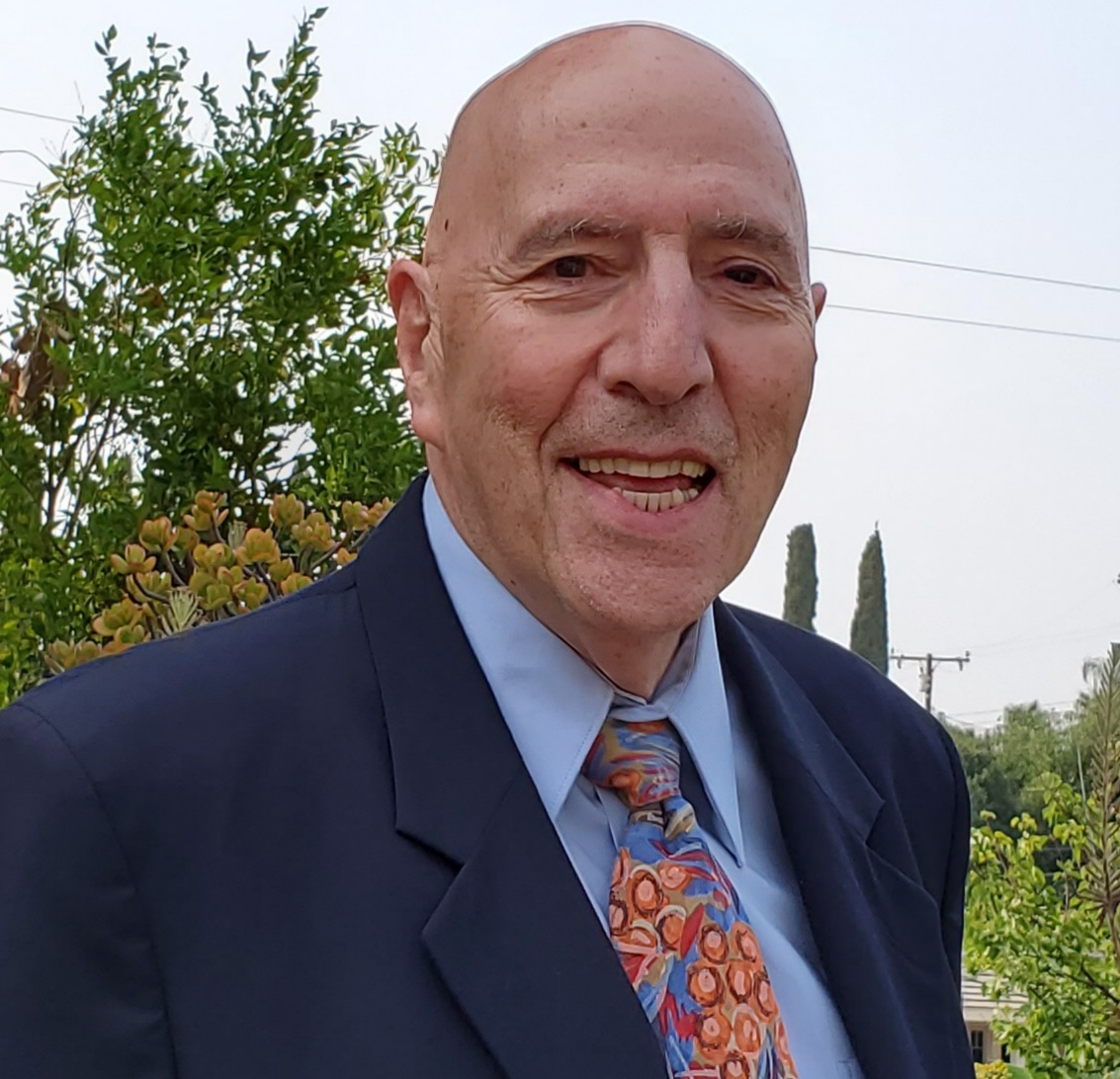“Holistic Financial Planning” by: Paul Van
April 7, 2021
By Saeed Ghaffari
What is holistic financial planning?
Holistic financial planning concerned with the whole or complete system rather than with the analysis of the individual parts in a vacuum. Most people go through life planning one step at a time. That is a perfectly legitimate way to plan.

However, when you think about it, getting married, having a child or children, purchasing a home, obtaining life, disability, long-term care insurance, obtaining legal documents for family and business protection, etc. etc. are all done at different times for different purposes and with different professionals. This results in a lack of coordination in the financial planning process.
How often do our clients work with someone to review all the pieces to see how each piece fits in the total plan? For example, an individual gets a living trust and feels comfortable that they have achieved their goal of planning their estate. However, what happens when one of the spouses passes away?
Take for example the issue of life insurance. Most people leave their life insurance proceeds to the surviving spouse. Nothing illegal about that. However, the downside is that those proceeds left directly to the surviving spouse bypass the living trust. Meaning the living trust is not ultimately in control of the life insurance proceeds.
99% of the time the spouse who passed away would want whatever is left in the surviving spouse’s estate to go to their children. When insurance proceeds or other assets are left to a surviving spouse there is a good chance that those proceeds/assets would find their way to the second spouse’s bank account and ultimately to the children of the second spouse. Not the children of the spouse that passed away.
How is this possible? The realities of life is that once something like a trust is written or insurance is purchased those items are typically put in the file cabinet not to be looked at again until death occurs. That is where the problem lies.
Life as a way of changing as we move through it. We have more children, possibly a new spouse, possibly a disability and possibly a problem with a child.
What was a great document 10 to 15 years ago is no longer adequate. Yet how many people do not review their documents until it is too late to deal with the issue.
And speaking of insurance products change just like they do in the cell phone or automobile area. What was a great product when purchased may no longer be adequate or may be antiquated based on what is now available in the marketplace. For example, I was recently able to show client how to convert their $1 million death benefit policy to a $3 million policy at no additional cost. Older policies, like older cars, may no longer be efficient.
What about business documents. Business owners tend to make decisions on their own. I recently had a client that changed his business succession plan document and inadvertently cause a $3 million phantom tax issue. What is phantom tax? Phantom income occurs when an individual is taxed on the value of their stake in a partnership (or other assets), even if they do not receive any cash benefits or compensation. Phantom tax can be devastating. Imagine having to pay tax on $3 million of income even though you never receive the income.
Two weeks of solid work on his estate may be worth more to an executive than the financial gains of the past ten to fifteen years.
Can you benefit from reviewing your planning? For many people the simple answer is yes. The process of reviewing one’s plan will have the following positive results.
First, you put your personal and business life in order. Taking this first step is important because you move from thinking about your financial wellbeing to actually doing something about it. And getting organized is something that is easy to put off.
Next, you will decide how your financial life will be organized. For many, control is a valuable outcome of the financial planning process.
I’m always here to chat Real Estate, reach out anytime by signing up or logging in on moreandmorenetwork.com.
M&M NEWS
Related Articles
The Real Estate Market is Cyclical, Don’t Panic, Adjust!
The Real Estate Market is Cyclical, Don’t Panic, Adjust! The Real Estate market is cyclical. The data shows, and it’s clear that we are experiencing one of the toughest real estate markets in the past decade. As bad as it is, there are certain agents who do well,...
Why the housing market is going from tough to terrible
Why the housing market is going from tough to terrible Do you like this Article ? Sign up HERE for your FREE M&M Account to receive more Real Estate related information and news and THIS article. M&M Membership includes: FREE Coaching Events & Workshops,...
As mortgage rates hit 8%, home ‘affordability is incredibly difficult,’ economist says
As mortgage rates hit 8%, home ‘affordability is incredibly difficult,’ economist says Do you like this Article ? Sign up HERE for your FREE M&M Account to receive more Real Estate related information and news and THIS article. M&M Membership includes: FREE...




